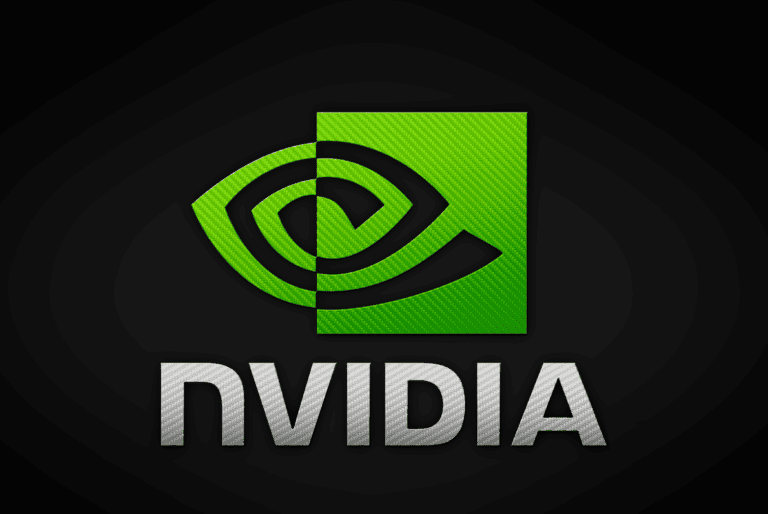Nvidia is trying to introduce new AI chips faster than ever. Its next generation, titled Blackwell, had already been delayed due to design flaws. Now, these GPUs appear to be overheating inside servers.
News of this was first shared by The Information. Customers are worried about the heat problems, which are making already tight delivery deadlines even harder to meet. As one would expect, the problems are at their worst when 72 Blackwell GPUs are put together, filling in an entire rack. Such a deployment actually involves 144 chips because each Blackwell B200 contains two interconnected components.
Too ambitious?
Since the rise of AI hype, Nvidia has increased the speed of release cycles. Previously, each of the company’s chip generations appeared roughly every 18-24 months. That led to problems with competitors Intel and AMD, which already have a lot of catching up in the AI chip market. But it also already led to struggles at Nvidia itself. Due to a design flaw, Blackwell was already delayed to the end of this year, with a full rollout not until 2025.
The initial problems revolved around the interconnect between the two Blackwell components. For the first time, Nvidia manufactured a dual chip with a self-designed interconnect. Nvidia CEO Jensen Huang already admitted this wasn’t due to a TSMC error.
Expectations remain high
Expectations around Blackwell remain high. It is expected to have 2.2x faster AI training times than its predecessor, Hopper. It promises faster innovation for AI players such as OpenAI and Anthropic.
However, analysts’ predictions are varied. Morgan Stanley, for example, predicts that Nvidia will have shipped 450,000 Blackwell GPUs by the end of December and between 700,000 and 800,000 by Q1 2025. Still, analyst firm Jefferies argues that the estimated price per Blackwell chip is too ambitious. Indeed, in estimates, other analysts would too often assume that Nvidia will sell full racks of the GB200 NVL, which is also likely to be the worry child with excessive temperatures.
Also read: Nvidia challenger Cerebras goes public
